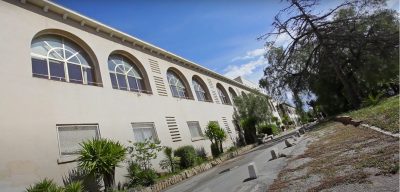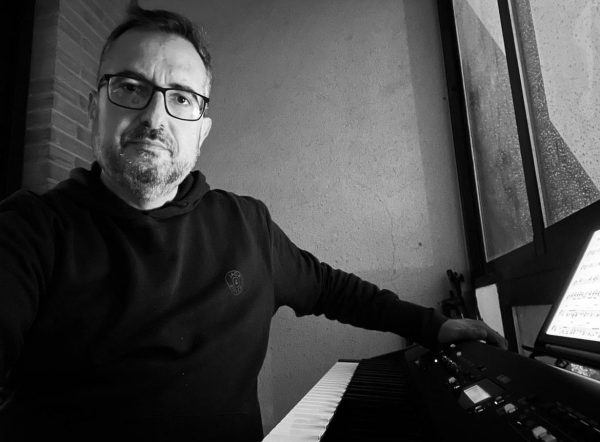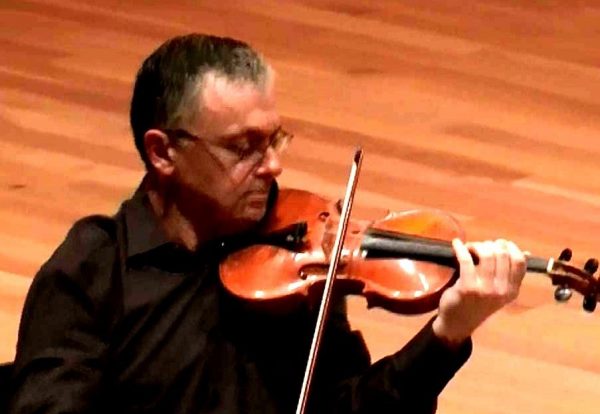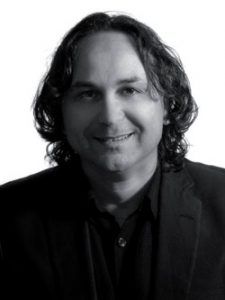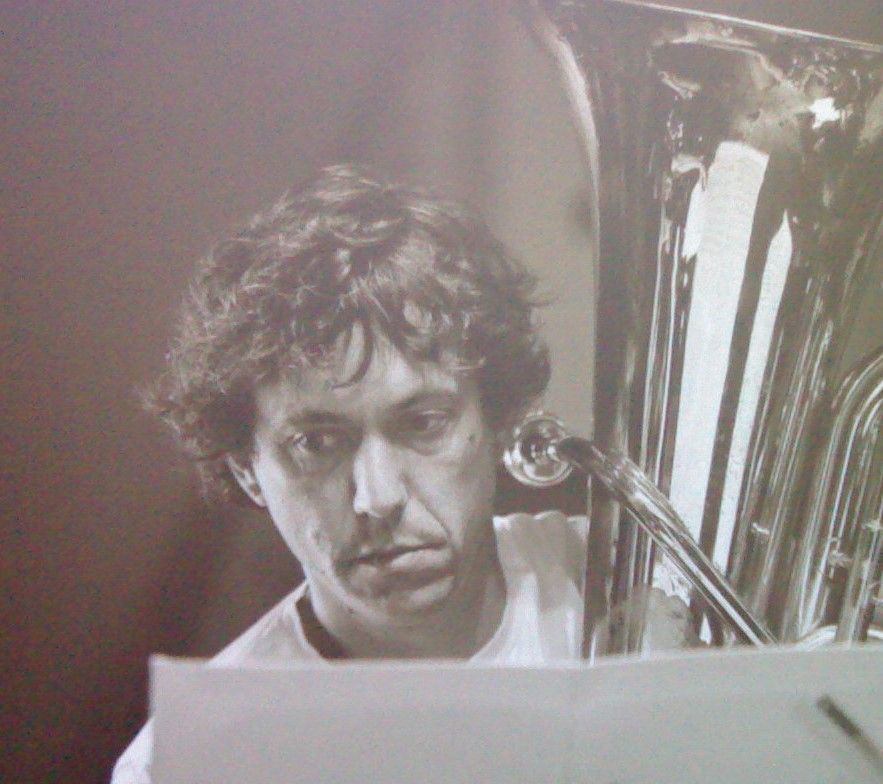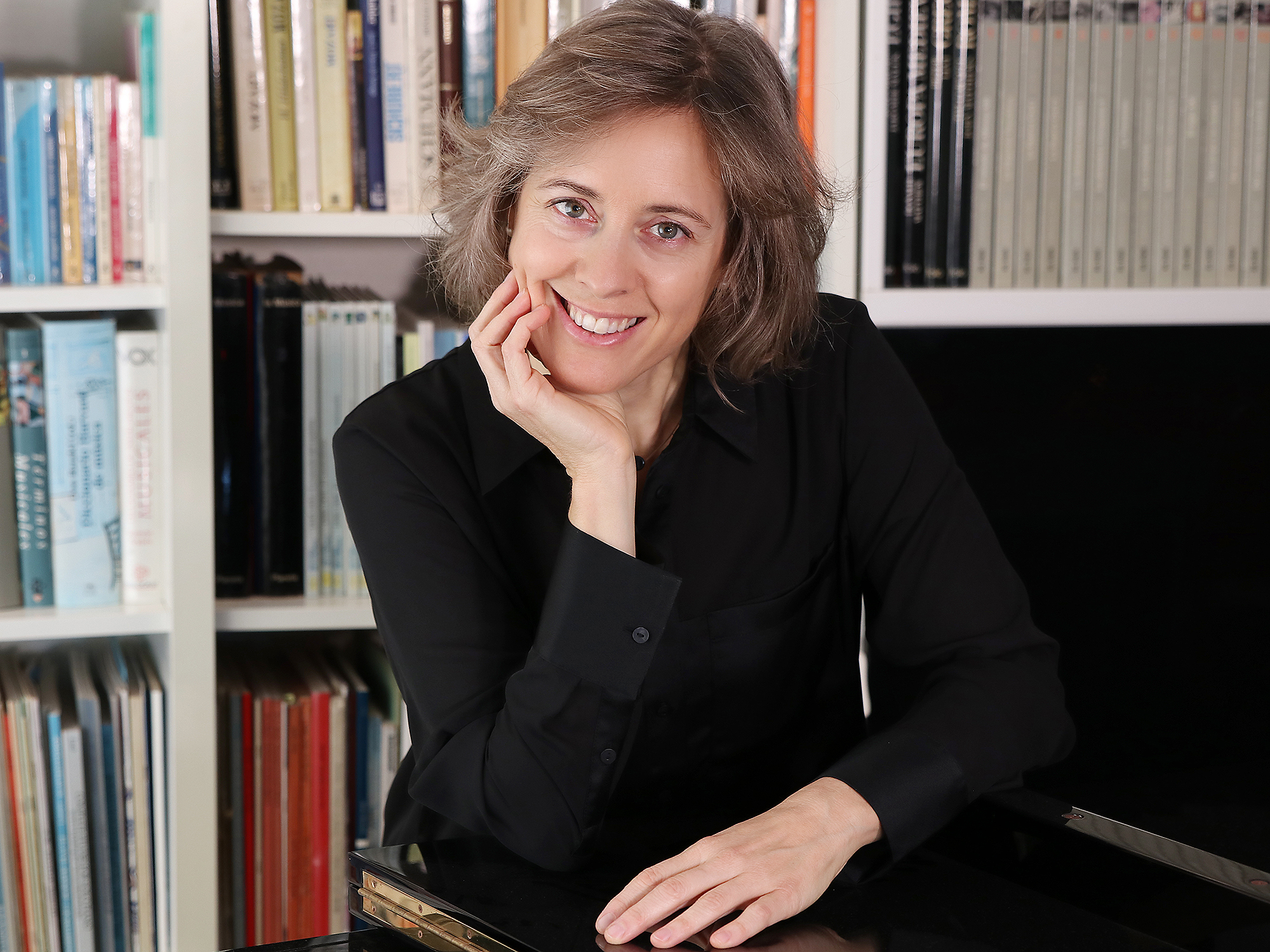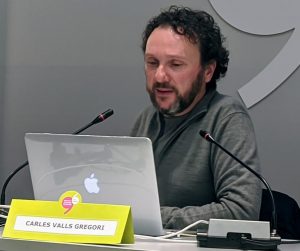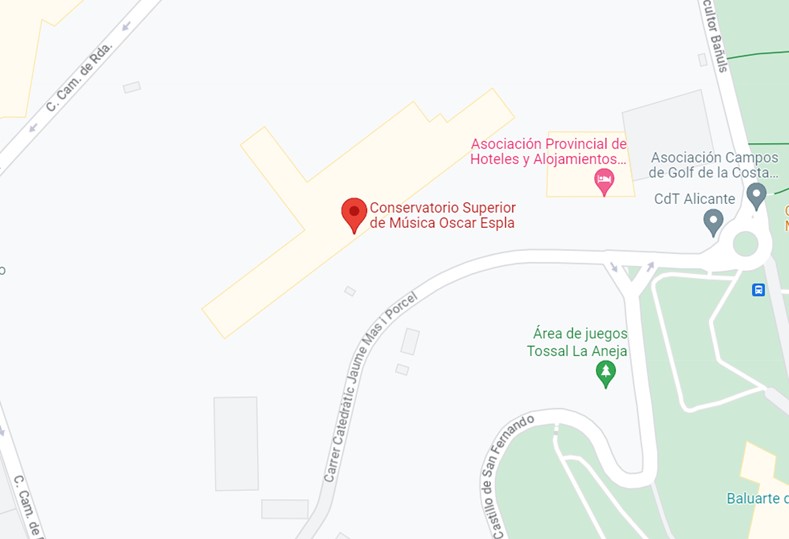KNOW THE OSCAR ESPLÁ CONSERVATORY OF MUSIC OSCAR ESPLÁ OF ALICANTE
On this page you will find information about:
.
KNOW THE CSMA Welcome message
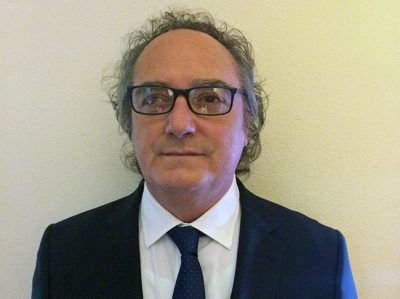
.
KNOW THE CSMA Promotional video
.
KNOW THE CSMA History of the Conservatory of Music Óscar Esplá of Alicante,for Ana María Flori López
.
KNOW THE CSMA Regulations
.
KNOW THE CSMA Equality Plan
.
KNOW THE CSMA Our Staff
COMPOSITION AND VOICE
Professors
VOICE
- Carlos López Galarza
- Mª Pilar Páez Martínez (Coordinator)
COMPOSITION
- Juan García García (Coordinator)
- Manuel Mas Devesa
- Encarnación Pérez Carratalá
- Manuel Vidal Blanco
LYRIC STAGE
- Adolfo Díaz Pérez
MUSIC LANGUAGE AND TECHNIQUES
- Ramón Jover Amorós
- Orlando Regidor Fernández
- Francesc Joan Sanchis Roig (Coordinator)
GERMAN FOR SINGERS
- Inmaculada Millán Torregrosa
FRENCH FOR SINGERS
- Raquel Navarro Valero
ENGLISH LANGUAGE
- Mercedes Albert Llacer (Coordinator)
ITALIAN FOR SINGERS
- Valentina Niccoletti Regoli
IMPROVISATION AND ACCOMPANYING
- María Rosa Ciurana Moñino (Coordinator)
- María Carmen Genovés Carmona
SINGING REPERTORIE
- Rubén Pacheco Mozas (Coordinator)
- Sonia Vallés Fornet
MUSIC TECHNOLOLOGY
- Marina Rosario García Jiménez
STRINGS
Professors
DOUBLE BASS
- Jordi Piñol Vicedo
CHOIR CONDUCTING
- Inmaculada Dolón Llor
ORCHESTRAL CONDUCTING
- Luis Pedrón Francés
MAINTENANCE AND MECHANICS
- Veliko Nedyalkov Nedyalkov
CHAMBER MUSIC
- Segundo Fernández Garri
- Mª Ángeles Galán Estacio
- Arturo Millán Contreras (Coordinator)
- Pablo Rus Broseta
BODY TECHNIQUE AND MOVEMENT
- Maria Teresa Soler Bataller
VIOLA
- Luis Llacer Artigues
VIOLIN
- Vicente Antón Martínez
- David Francés Eguilaz (Coordinator)
- Guillem Ortega Rosell
VIOLONCELLO
- Antonio Ballester Corbí
- Francesc Pastor Sempere (Coordinator)
- Manuel Santapau Calvo
WOODWINDS
Professors
CLARINET
- Joan Ángel Esteve Sayas
- José Francisco Fernández Vicedo
- Rafael Albert Soler (Coordinator)
BASOON
- Rafael Zanón Miquel
FLUTE
- Ana Mª Alcaraz Segura (Coordinator)
- Rafael Casasempere Jordá
MAINTENANCE AND MECHANICS
- Javier Palomares Anaya
OBOE
- Pedro José Herrero Fernández
SAXOPHONE
- Sixto Manuel Herrero Rodes
- Israel Mira Chorro (Coordinator)
BRASSWINDS AND PERCUSSION
Professors
PERCUSSION
- Jorge César Pérez Mestre (Coordinator)
- José Francisco Crespo Puig
TROMBONE
- Francisco José García Ruano
- José Elías Robles Rubio (Coordinator)
- Sergio Soler Pérez
HORN
- Vicent Giner Gil
- Inmaculada Torres Peñarrocha (Coordinator)
TRUMPET
- Juan Francisco Sanjuan Rodrigo (Coordinator)
- Emilio José Gómez Argumánez
TUBA
- Vicente López Velasco
POLYPHONICS INSTRUMENTS
Professors
GUITAR
- José Luis Godofredo Pérez
- Ignacio Rodes Biosca (Coordinador)
PIANO
- Mª Dolores Costa Ciscar
- Francisco Javier Esplugues Esplugues (Coordinador Piano)
- Jesús Mª Gómez Rodríguez
- Cristina Martínez Albert (Coordinadora Piano Aplicado / Complementario)
- Cristina Molina Sarrió
- Paul Fabrizzio Montenegro Santillán
- Irene Renart Muñoz
- Alex Font Puig
MUSICAL REPERTOIRE WITH PIANO
- Cristina Cámara Rovira
- Daniel Fernández Sanmartin
- Francisco José García Verdú
- Silvia Margarita Gómez Maestro (Coordinadora)
- Mª Eugenia Palomares Atienza
- Pamela Carolina Pérez Heredia
- Victor Petit Flores
- Diana Orduña Lloret
- Francisco José Ruiz Illán
- Miguel Ángel Saura Torres
PEDAGOGY AND MUSICOLOGY
Professors
MUSIC MANAGEMENT
- Juan Tomás Laviós Berenguer
MUSIC HISTORY
- Rafael Aguado Cebriá
- Carmen Blázquez Izquierdo
MUSICOLOGY
- Carlos Castillo González
- Elena Moya Juna
- Marina Sáez Andreu
- Carles Valls Gregori (Coordinator)
PEDAGOGY
- José Personat Remolar
.
KNOW THE CSMA Governance
Organization Chart
Director: D. José Vicente Asensi Seva
Vicedirector: D. Jesús Mª Gómez Rodríguez
Head of Studies: Dña. Mª Angeles Galán Estacio
Secretary: D. Segundo Fernández Garri
Faculty
The faculty has the following attributionss:
- Make proposals to the management team for the prepoaration of the annual general schedule, as well as evaluate its application.
- Make proposals to the School Council for the development of the educational project and inform, before its approval, of the aspects related to the organization and teaching planning.
- Inform the project of regulations of the internal regime of the center.
- Report on the project to promote initiatives in the field of experimentation and pedagogical research and in the training of the center’s teachers. Regulation of the center’s internal regime.
- To elect their representatives in the School Council of the center and in the director selection Commission.
- Coordinate the functions related to the orientation, tutoring, evaluation and recovery of the students.
- Analize and assess the general operation of the center, the evolution of school performance and the results of the evaluation carried out by the educational administration of the center, as well as any other report regarding its progress.
- Be informed by the director of the application of the disciplinary regime of the center.
- Be informed of the proposal to the educational administration of the appointment and removal of the members of the management team.
- Propose measures and initiatives that favor coexistence in the center.
- Any others that are attributed to it by the educational administration.
The School Board
- President: Don José Vicente Asensi Seva
- Head of Studies: Doña Mª Ángeles Galán Estacio
- Secretary: Don Segundo Fernández Garri
- City Council Representative: Don Carlos De Juan Carrillo
- Faculty Representatives: Doña Silvia Gómez Maestro, Doña Inmaculada Torres Peñarrocha, Don Arturo Millán Contreras y Don Francesc Joan Sanchis Roig
- Student Representatives: Don Ferrán Martínez Silvestre, Doña Carlota Seijo Fernández, Doña Alba Signes Pedro y Doña Yolanda Sánchez Lucas
- Representative of the P.A.S: Don Ángel Hermida Campa
Pedagogical Coordination Comission
- Director: D. José Vicente Asensi Seva
- Head of Studies: Dña. Mª Angeles Galán Estacio
- Department Chairs:
Dña. Cristina Molina Sarrió (Instrumentos Polifónicos)
D. Vicente Antón Martínez (Instrumentos de Cuerda)
D. Sixto Manuel Herrero Rodes (Instrumentos de Viento Madera)
D. Vicente López Velasco (Instr Viento Metal y Percusión)
D. Manuel Mas Devesa (Composición y Canto)
D. Carles Valls Gregori (Pedagogía y Musicología)
Departments
The educational departments are as follows:
- Polyphonic Instruments
- String Instruments
- Woodwind Instruments
- Brasswind Instruments and Percussion
- Composition and Singing
- Pedagogy and Musicology
.
KNOW THE CSMA AECSMA Association of Students
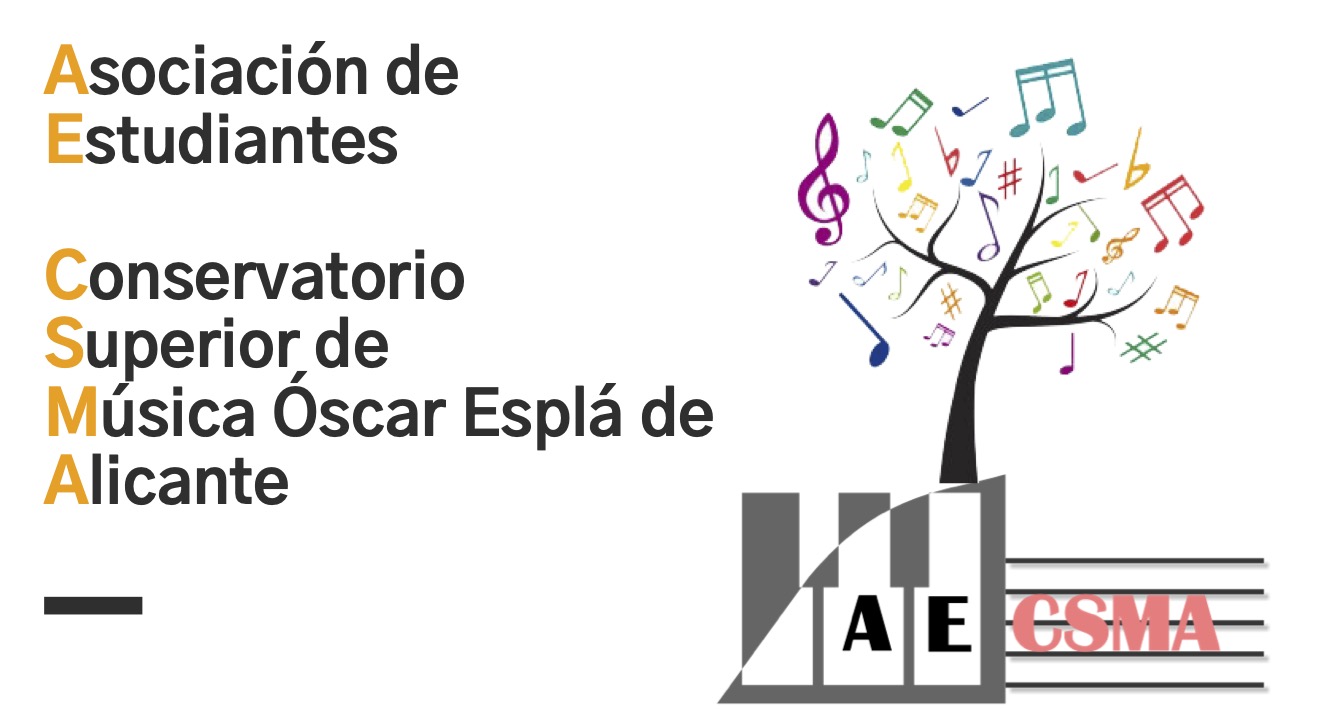
ASSOCIATION OF STUDENTS OF THE ÓSCAR ESPLÁ SUPERIOR MUSIC CONSERVATORY OF ALICANTE
- President: Mireia Lallart Navarro
- Vicepresident: Marina Román Munuera
- Secretary: María Ángeles Gómez Morote
- Accountant: Marta Asenjo Rueda
- Speakers: Abel Enrique Figueredo Gómez, Arantzazú Abascal Martínez, Marta Asensjo Rueda, María Rodrigo Rodrigo, Antonio Erades Bernguer, Clara Codes García-Soto.
Information and contact: aecsma@csmalicante.com
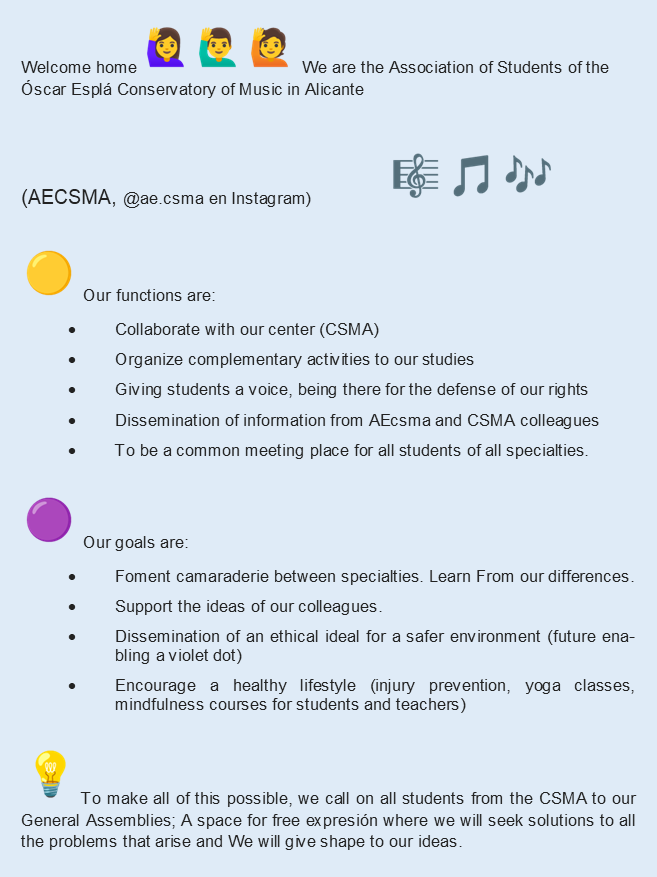
.
KNOW THE CSMA Contact
Where we are
Address: C/ Catedrático Jaume Mas i Porcel, 2. 03005 Alicante (España).
Phone: 966.478.665
Our contact adresses
- Director: direccion@csmalicante.com
- Vicedirector: vicedireccion@csmalicante.com
- Master: master@csmalicante.com
- Head of studies: jefaturadeestudios@csmalicante.com
- International Office: internacional.csmalicante@gmail.com
- Practices: practicas@csmalicante.com
- Training: formacio@csmalicante.com
- Janitors: conserges@csmalicante.com
- Coordinator ICT: tic@csmalicante.com
- Administration: info@csmalicante.com – 03010739@iseacv.gva.es
- Library: biblioteca@csmalicante.com



